Outrage, Trolling and Hashtag Activists
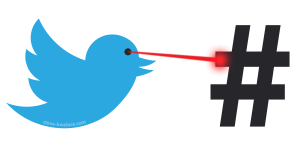 Last week, one of my favorite comedians, Stephen Colbert, did a segment on the Colbert Report making fun of the racist name of the Washington Redskins. He did so with his own racist impression of a Chinese stereotype named “Ching Chong Ding Dong”. It wasn’t one of Colbert’s funniest skits, to be sure, but it wasn’t necessarily any more offensive than his alien-fighting Ku Klux Klan cartoon, or many of his other skits. However, this particular Colbert Report skit showed up on Twitter. Soon it became the focus of a social media campaign to cancel Colbert’s show. This was all coordinated by so-called “hashtag activists” who co-opted the discussion on the Redskins’ team name and replaced it with their own manufactured outrage.
Last week, one of my favorite comedians, Stephen Colbert, did a segment on the Colbert Report making fun of the racist name of the Washington Redskins. He did so with his own racist impression of a Chinese stereotype named “Ching Chong Ding Dong”. It wasn’t one of Colbert’s funniest skits, to be sure, but it wasn’t necessarily any more offensive than his alien-fighting Ku Klux Klan cartoon, or many of his other skits. However, this particular Colbert Report skit showed up on Twitter. Soon it became the focus of a social media campaign to cancel Colbert’s show. This was all coordinated by so-called “hashtag activists” who co-opted the discussion on the Redskins’ team name and replaced it with their own manufactured outrage.
Ad Hominem Attacks
No one on Twitter is arguing that Colbert’s segment was racist and offensive. It was designed to be. The real question is whether it’s okay to use racism to satirize racism. Many of Colbert’s fans (myself included) think it’s okay in the right context. (That said, I’ve never found “Ching Chong Ding Dong” very funny). However, the hashtag activists that want to cancel Colbert are quick to make an ad hominem attack on any non-Asian defending Colbert. They respond with things like, “You’re a white male. You can’t know what it’s like. #CheckYourPrivilege” As if my race and gender preclude me from having a say on the matter. This is the kind of outrage you deal with when talking to Twitter trolls.
Lack of Subtlety
Twitter is not a medium that lends itself well to subtlety. I’m certain that a talented writer like Ernest Hemingway could write 140 characters with nuance. But for most people. tweets are taken at face value. This is the problem that Stephen Colbert faced. In the context of a 20-minute comedy show, Colbert could take his time to show the parallels between real racism (The Washington Redskins’ team name) and satiric racism (“Ching Chong Ding Dong”). On Twitter, people just see Colbert making fun of Asian people with provocation. That leads to outrage and trolling.
Hashtag Activism
The idea behind hashtag activism is simple. Find something to advocate for, boil it down to a few words, and add a # sign. Then encourage your friends and followers to use the hashtag until Twitter picks it up as a trending topic. At that point, it will go viral, and you’ll gain a large following of people to advocate for your cause. However, having worked in the nonprofit sector for many years, I can tell you that “spreading awareness” is not as useful as you might think. With Twitter’s viral spread of ideas and its complete lack of nuance and subtlety. It’s easy to rile people up, but hard to get them to focus on anything constructive. This leads to the online equivalent of an angry mob, and unfortunately for hashtag activists everywhere, angry mobs rarely ever make the world a better place.
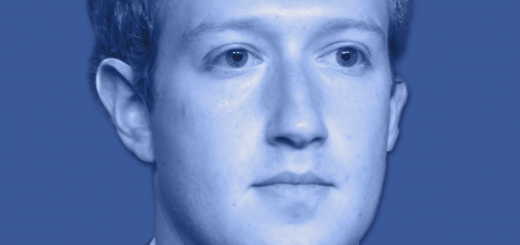
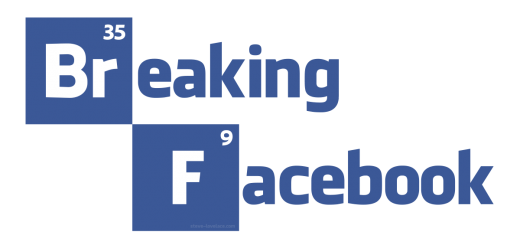
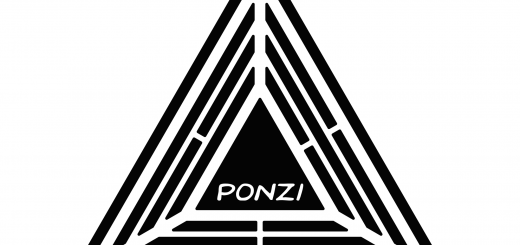
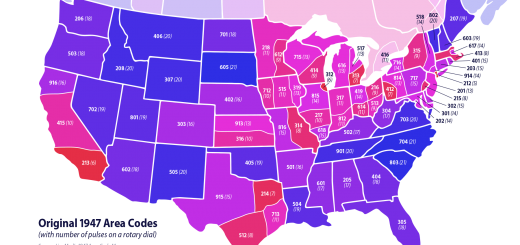
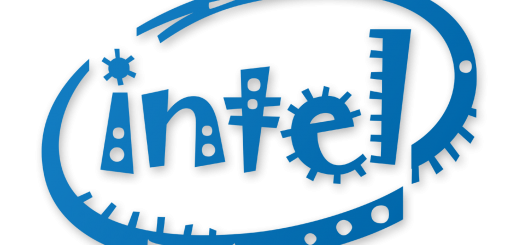
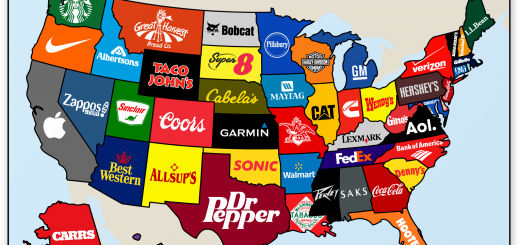
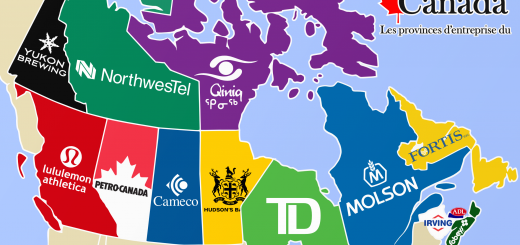
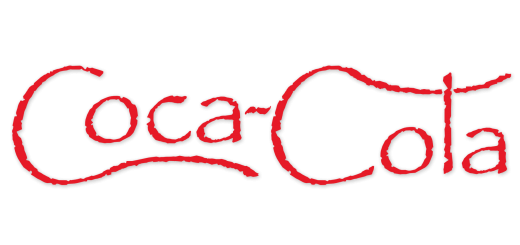
3 Responses
[…] and I couldn’t not be happier with this decision. It is the right decision, and I think the hashtag #lovewins sums it up the best. Because in the end, this is about love transcending traditional […]
[…] mundane narcissistic tweets. The evolution of Twitter is far from complete, though. Things like hashtags and retweets were invented by the user base, not by the company. Sometimes innovation comes from […]
[…] big news in entertainment this week came from Stephen Colbert. After nine years of filming The Colbert Report, he is leaving the show to replace David Letterman as the host of The Late Show on CBS. As a […]